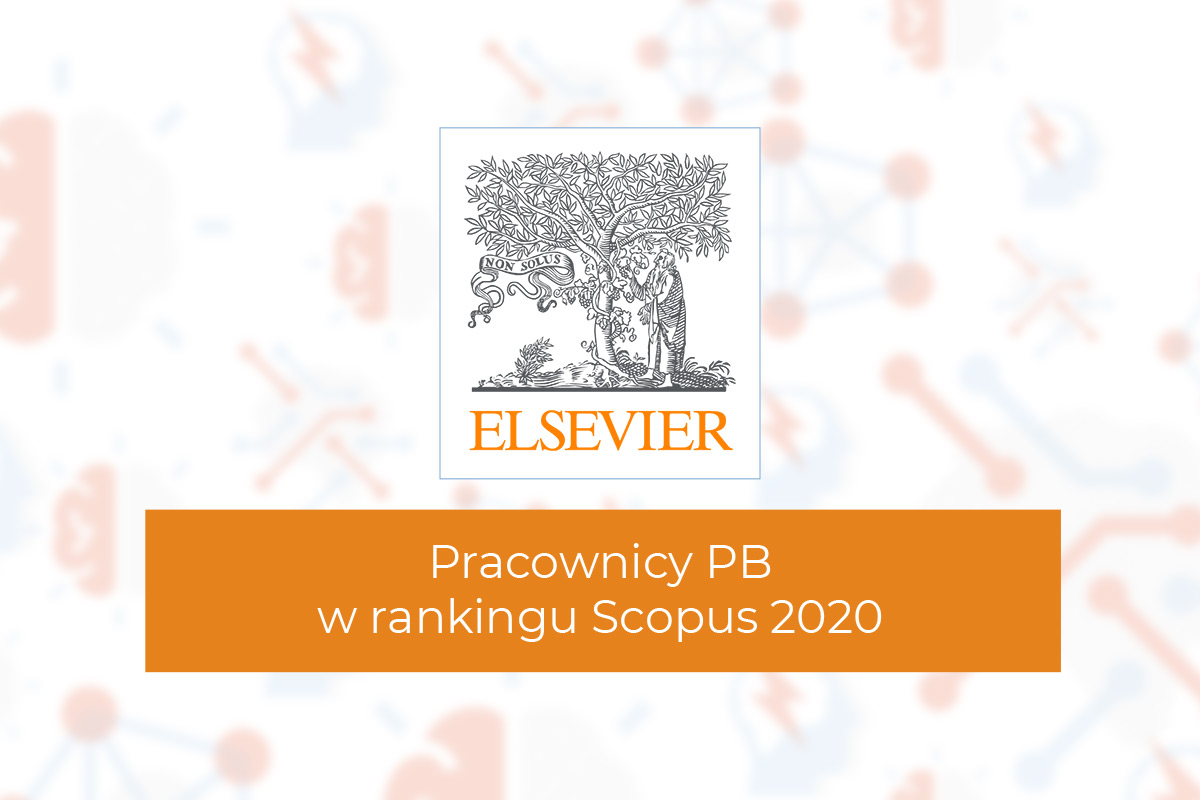PB employees in ELSEVIER ranking
09-11-2021
Elsevier has created a publicly accessible repository of more than 100,000 most cited scientists, which presents the most important scientometric information, including:
– citations,
– H-index,
– co-authorship adjusted hm-index.
In 2020, seven employees of Bialystok University of Technology were listed:
– Assoc. Prof. Jan Dorosz, DSc, PhD, Eng
– Prof. Tadeusz Kaczorek, DSc, PhD, Eng
– Prof. Krzysztof Jan Kurzydłowski, DSc, PhD, Eng
– Assoc. Prof. Marek Józef Drużdżel, DSc, PhD, Eng
– Grzegorz Mieczkowski, PhD
– Assoc. Prof. Dariusz Szpica, DSc, PhD, Eng
– Krzysztof Kamil Żur, PhD
Information is presented separately for the entire scientific career and the year 2020. The indicators are given with and without self-citations and the ratio of citations to the number of works cited. Scientists are classified in 22 scientific fields and 176 sub-fields. Percentiles per field and sub-field for all researchers who have published at least 5 significant papers are also provided.
Career length data has been updated to the end of 2020. Selection is based on the top 100,000 scientists by c-score or percentile of 2% or higher.
Source: August 2021 data-update for “Updated science-wide author databases of standardised citation indicators” https://elsevier.digitalcommonsdata.com
The h-index – a metric introduced in 2005 by Jorge Hirsch, intended to show the importance of all the scientific works of an individual scholar, characterising his/ her total output (and not just the importance of a single work, like the usual citation index).
Elsevier is a global information analytics business that helps institutions and professionals advance open science, healthcare and improve performance in benefit of humanity.